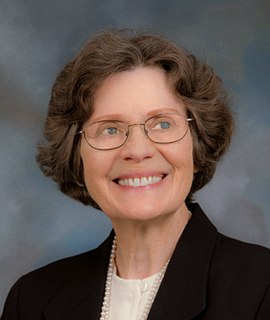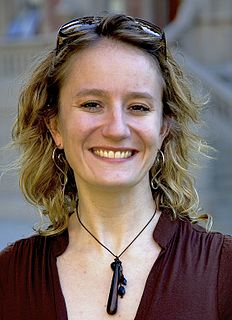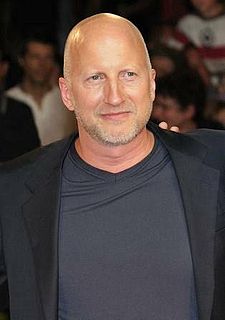A Quote by Geoff Mulgan
The once-science-fiction notion of hyper-connectivity - where we are all constantly connected to social networks and other bubbling streams of digital data - has rapidly become a widespread reality.
Related Quotes
Literary science fiction is a very, very narrow band of the publishing business. I love science fiction in more of a pop-culture sense. And by the way, the line between science fiction and reality has blurred a lot in my life doing deep ocean expeditions and working on actual space projects and so on. So I tend to be more fascinated by the reality of the science-fiction world in which we live.
There is so much information that our ability to focus on any piece of it is interrupted by other information, so that we bathe in information but hardly absorb or analyse it. Data are interrupted by other data before we've thought about the first round, and contemplating three streams of data at once may be a way to think about none of them.
Any real virtual reality enthusiast can look back at VR science fiction. It's not about playing games... 'The Matrix,' 'Snow Crash,' all this fiction was not about sitting in a room playing video games. It's about being in a parallel digital world that exists alongside our own, communicating with other people, playing with other people.
My own personal aesthetic is all to do with real actors and real locations and a kind of almost hyper reality and actuality to things. But the digital world, I explore that through other mediums, with music videos and commercials. Even 'The Road' was a real learning curve for me with digital effects.
Today we understand that reality corresponds to a model - or, even better, the sum of various models - which in science are termed "complex systems" - not complicated or difficult, that's a different thing! This complexity is what creates that which we all know - the World - is connected in a system of networks - and I'm not referring only to the internet but also to thousands of analog networks in which we are all immersed at every instant.



































